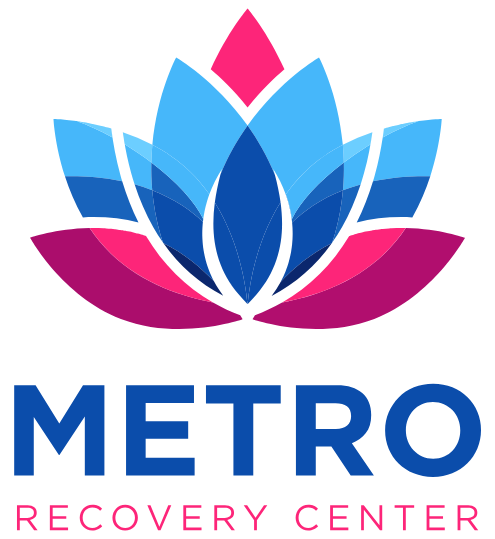Individual Mental Health Therapy
When You're Ready to Talk, We’re Ready to Listen—Without Judgment, Without Pressure
At Metro Recovery Center, we know that many of our clients have been dismissed, overmedicated, ignored, or retraumatized in past treatment settings.
Some were told their emotions were “too much.” Others were never given the space to explore them in the first place.
That’s why our Individual Mental Health Therapy services are built on trust, trauma-informed care, and true human connection. We’re not just here to diagnose—we’re here to help you understand your patterns, process your pain, and take back your power.
Who This Therapy Is For
- Clients experiencing anxiety, depression, PTSD, or mood instability
- Individuals on MAT who need emotional support beyond medical stabilization
- Clients managing trauma, grief, guilt, or emotional shutdown
- People navigating family breakdown, homelessness, or justice involvement
- Anyone who wants a safe space to explore their thoughts and behaviors without fear of being shamed, labeled, or rushed

What Happens in Individual Therapy at MRC
Emotional Processing
Explore difficult experiences from your past and present. Our therapists help you safely work through pain, trauma, grief, or stuck emotions without overwhelm.
Skill Building
You’ll learn practical techniques to manage anxiety, regulate mood, reduce impulsivity, and build emotional awareness—tools that help in daily life, not just in therapy.
Thought Pattern Work
Unpack the beliefs, behaviors, and coping mechanisms that are no longer serving you—and start practicing new ones that align with the life you want to build.
Integrated Recovery Support
Therapy is often delivered alongside your addiction treatment, medication, or psychiatric care—ensuring all parts of your treatment plan work together, not in conflict.
Our Clinicians Experts in Both Mental Health & Addiction Recovery
- Dual diagnosis (co-occurring disorders)
- Trauma, complex PTSD, and emotional dysregulation
- Substance use-related guilt, shame, and relapse cycles
- Cultural, gender-based, and systemic factors in mental health
- Recovery-related stressors: housing, family, work, legal systems


We’re Not Here to “Fix” You—We’re Here to Help You Heal
- Someone who listens—to everything you say, and everything you don’t
- A space where your past isn’t held against you
- A guide who walks with you—not in front of you—through fear, anger, grief, and growth
